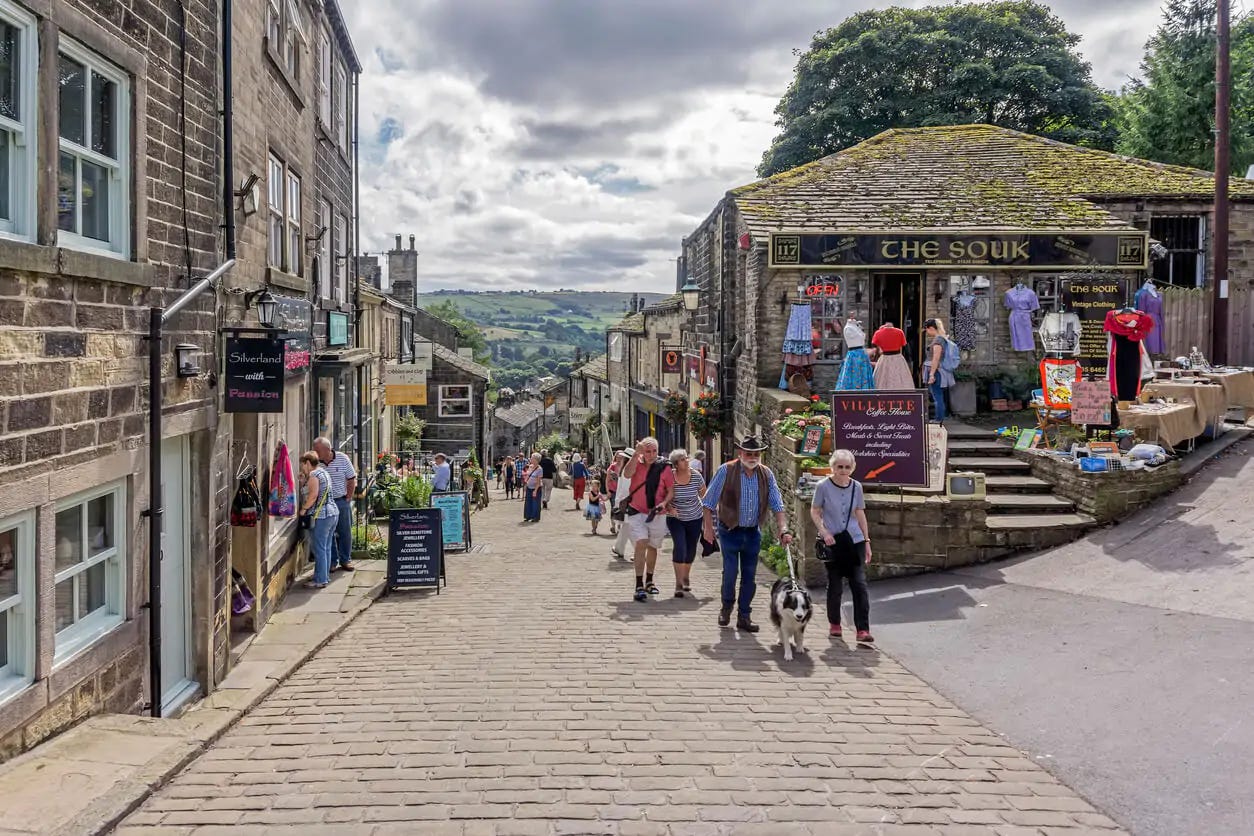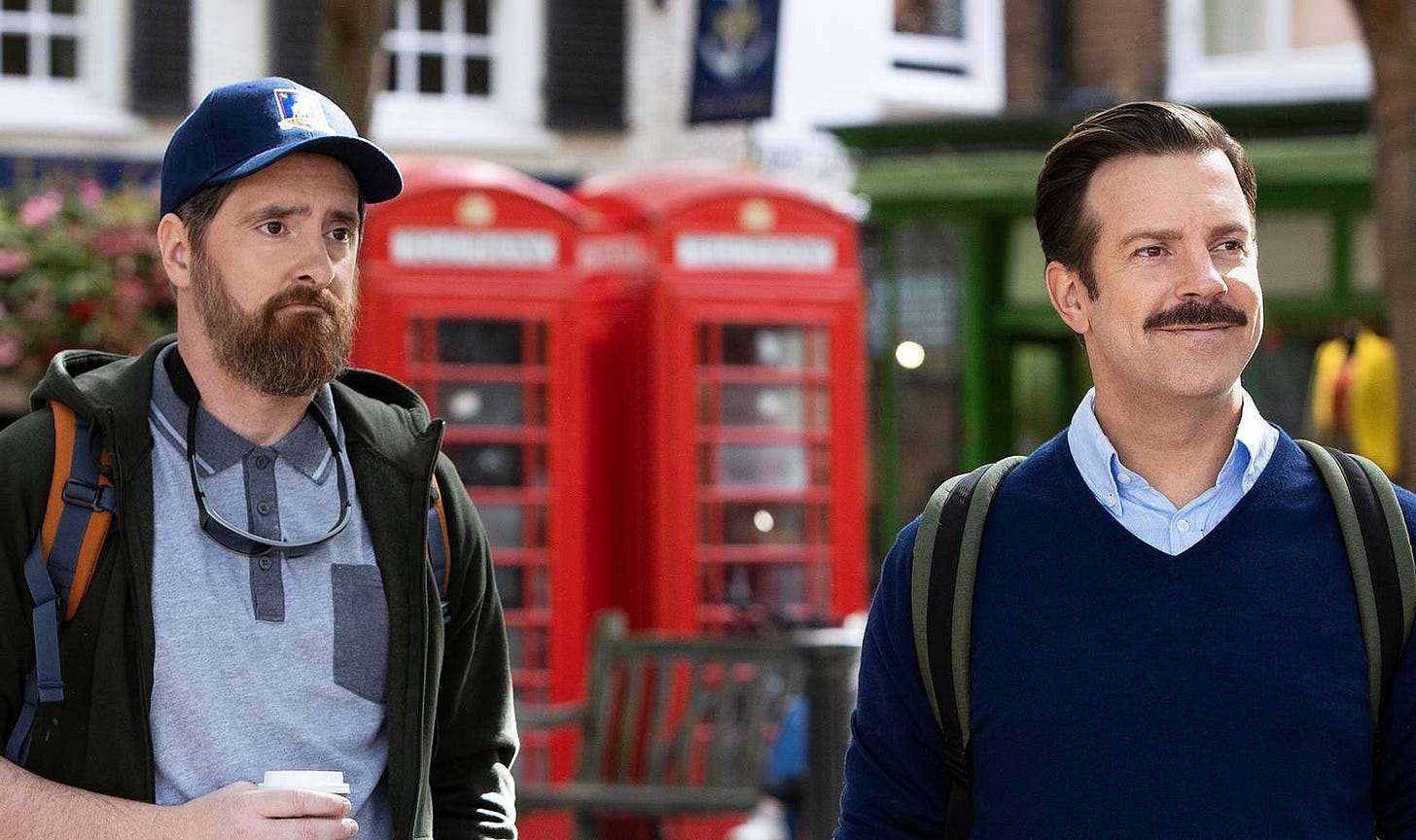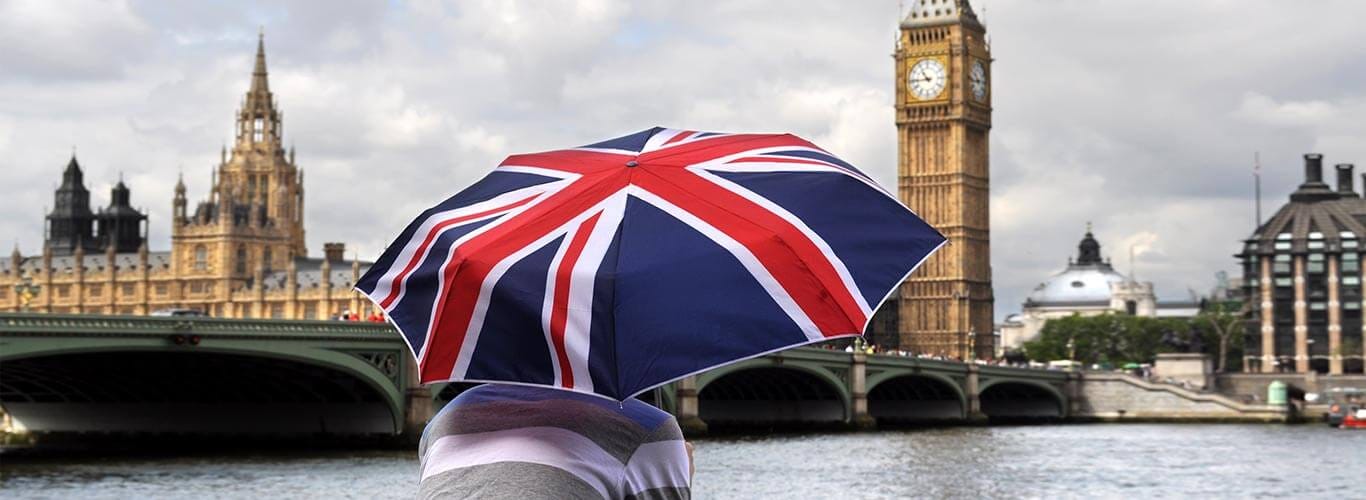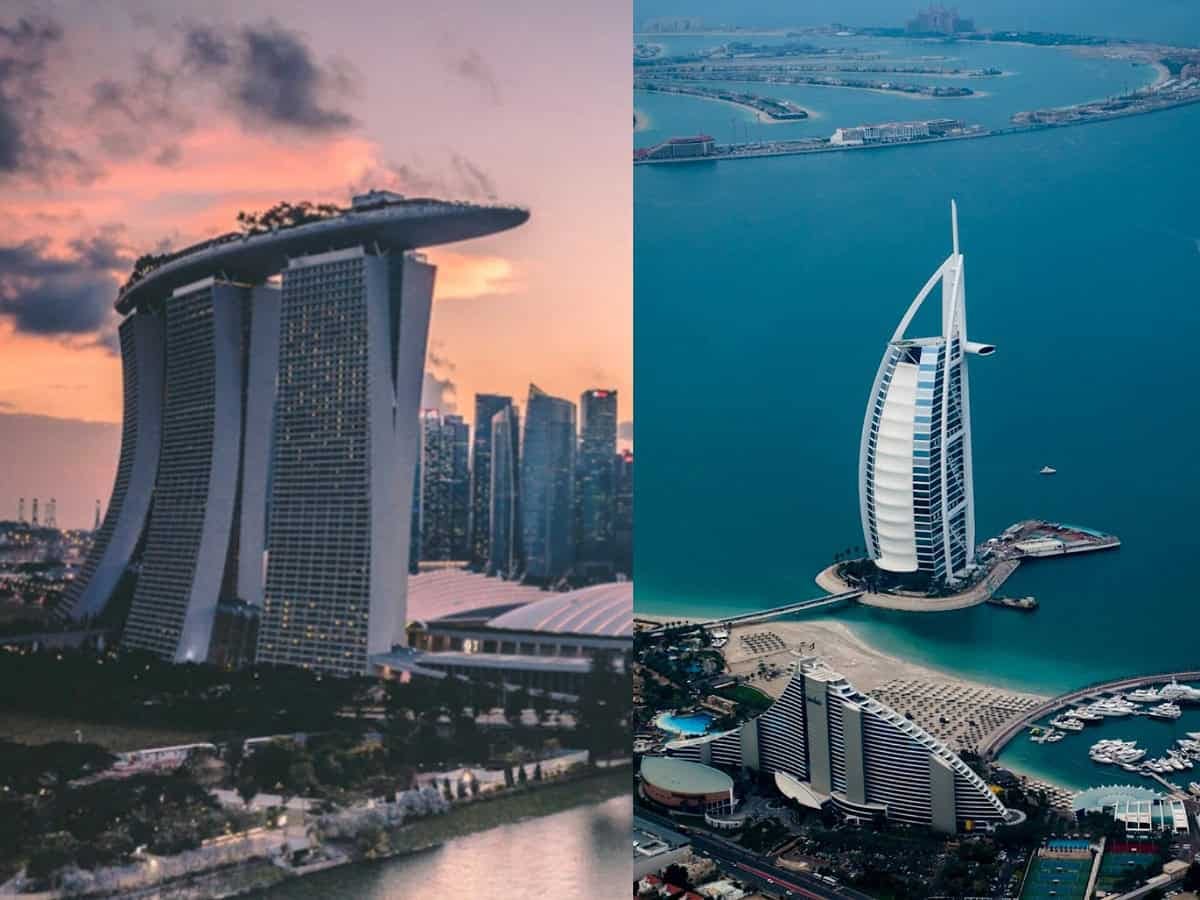Is leaving the UK for lower taxes worth it?
Finding long-term value beyond tax rates
As I wrote in my last post, the UK is going through a phase where taxes are rising, services aren’t improving much, and an overall sense of financial squeeze is setting in. This naturally leads to the question: Are we better off somewhere else?
For those deeply rooted in the UK through family or other ties, this might be a passing thought. But for migrants like me, who once made a deliberate choice to leave behind familiar surroundings in search of a better life, it’s a far more serious consideration. If that better life now feels increasingly out of reach, does it make sense to move again? Back to the home country? To emerging talent hubs like the UAE? Or westward to the USA, the so-called ultimate land of opportunity?
Each of these choices comes with trade-offs, but they are undoubtedly viable for those seeking more aspirational opportunities. As someone who wrestles with this both in my own mind and in conversations with others, I wanted to pen down some thoughts.
Why the UK Still Works for Me
Despite its flaws, there are aspects of life in the UK—especially in London—that make it an attractive place to live:

People & Culture: London is filled with smart, well-read, well-traveled, and culturally inclusive people. Of course, I have met similar people everywhere I have gone, but the proportion of people that I find amenable to work with, socialise with, trade with, in the UK seems to be a rather high proportion. The populace is civil and courteous, and I, for one, enjoy the thoroughly British sarcasm, puns, and slang.
Quality of Life: Clean air, safe drinking water, well-maintained parks, libraries, and scenic walkways—all of these make daily life pleasant. Even small things, like being able to walk into any grocery store and pick up fresh, unadulterated1 produce, add up.
Transparent Immigration Pathways: The UK offers clear, predictable routes to residency and citizenship, unlike the US, where Green Card backlogs stretch for decades, or Singapore, where PR approvals are a black box. This was a big personal attraction for me and I believe will continue to be attractive for migrants in the future. And to be honest, this is the right way to do it.
Education System: Public schools are excellent, and while some parents (including me) explore selective school options, comprehensive schools offer great education too. My daughter went to a state primary school, and we were very happy with it—now she’s in a state-funded grammar school, and we’re equally satisfied.
Law & Order: While not as safe as Singapore, most people—especially young women—can live with a high degree of autonomy and security. That’s something not every emerging country can promise. My daughter, who is in secondary school, takes a public bus to school—something I wouldn’t even consider in Delhi.
The Little Joys: The UK’s weather is infamous, but on the good days, it can be spectacular. Experiencing the cycle of seasons—the spring bloom, a crisp winter walk—is a privilege I don’t take for granted. Many cities in India no longer have enough greenery for such seasonal shifts to even be noticeable. And if you're willing to drive an hour or more, the UK offers spectacular natural beauty in every direction, something I take in very frequently.
What Frustrates Me
Outdated Infrastructure at High Costs: The UK’s broadband standards are embarrassing, the 5G network is patchy, and road and rail infrastructure feel decades behind. And yet, costs are exorbitant. Compare this to continental Europe, where public transport is cheaper, roads are better, and 5G is seamless. Clearly, our neighbours are doing something right.
Healthcare System Dysfunction: The NHS operates on a philosophy of “deny and delay.” Getting a GP appointment within a week is a miracle. A&E services do the bare minimum, there’s no concept of follow-ups or preventive care, and even private healthcare has frustrating limitations. In many cases, private hospitals just refer you back to the NHS. While the US healthcare system has its own issues (mainly cost), other developed countries seem to have struck a better balance.
I could go on, but you get the point.
The Bigger Question: Is Moving for Lower Taxes Worth It?
At its core, money is a means to an end. Personal finance is about figuring out how to live the best version of your life—not just optimizing for tax savings. If you’re moving for career growth, better quality of life (if you find it elsewhere), or personal aspirations, that’s valid. But relocating just for lower taxes? That seems like a weak justification.
Take two tax-friendly countries:
Singapore: I lived there for years, and while it has a lot going for it, unless you secure PR, life remains uncertain. Even basic things like school admissions for your children are prioritized based on immigration status. And PR approvals are notoriously difficult to come by. While I rationalized this for a decade, it was only after moving to the UK that I realized I had been living as a second-class resident. Here, I enjoyed genuine equality from day one.
UAE: It looks dazzling at first glance, but much of its infrastructure is designed with the ultra-rich in mind. Basic middle-class amenities—like sidewalks for a simple walk in your neighborhood, accessible public transport, or even a neighborhood library where you can pick up a book for your child—are often lacking. And let’s not overlook the obvious: as an expat, your second-class status is non-negotiable.
Personally, I believe that getting the financial basics right will go much further than resorting to tax arbitrage. With a fair wage, reasonable savings, and sound long-term investing, you can likely secure both a good life and a comfortable retirement. This was true for my financial planning wherever I lived - in India, in Singapore and now in the UK.
So, is moving for tax arbitrage really worth it? If you already enjoy a good life, with the right people, strong schools, and a lifestyle you can afford while saving for the future, does it make sense to uproot yourself? Of course, if the financial burden becomes unsustainable, that’s a different story. But until then, perhaps the best move is to make thoughtful, prudent choices—rather than chasing the lowest tax bill.

That’s not to say I won’t ever be tempted to make a different choice in the future, but for now, I’m content with the one I’ve made. And what better way to celebrate that than with a stroll through the Ted Lasso haunts on a pleasant spring afternoon?
(P.S. I know I’ve strayed from my usual topics in the last couple of posts—hopefully, you’ll indulge me. Fingers crossed, I’ll have some good portfolio performance news to share soon.)
You need to be on guard with what you bring home in India, and I find the quality of produce in most places in the US rather mediocre, but that might be all a personal view. Singapore and Continental Europe (among the places I have gone to) do pretty well on this attribute too.





I’ve been listening to Bill Perkins, the author of Die with Zero, and he makes an interesting point — if we only get around 4,000 weeks in a lifetime, the goal shouldn’t be just to chase wealth, health, or even longevity. Instead, we should be aiming to maximise overall fulfilment. That means different things to different people, of course, but for most of us, it’s a mix of enjoyment, satisfaction, and a sense of purpose — however we each define those.
What is worth noting and adding to this topic is :
1. While taxes are high, how many economies across the globe pump taxes back into the economy I.e. investment in public services. The refurbishment of Kingston Cromwell Road bus station at a cost of £17m went £9.7m over budget but how many local economies would invest. It is worth researching the ratio of investment to taxes by economy.
2. On the outdated infrastructure, it’s a question of where does any investment rank in the laundry list of government’s priorities. I think there is talk of having high speed BB across UK by 2027.
There are points which I would add but there are other priorities that need attending 😀
Interesting topic to discuss which would evolve viewpoints